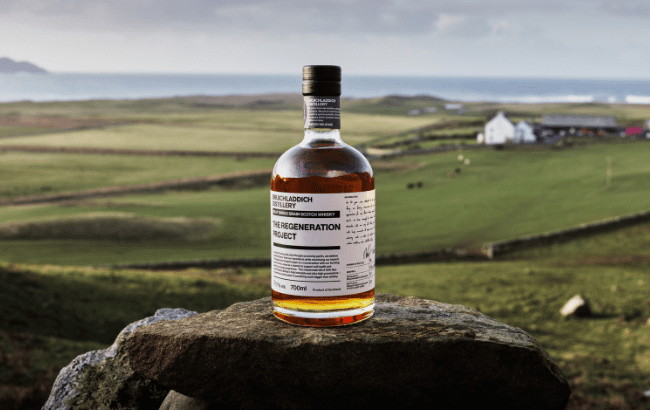Two Stacks Has A Whole Slate Of Irish Whiskeys
By Richard Thomas Two Stacks Irish Whiskey is a relative newcomer to what had been an Emerald Isle whiskey boom. Founded in 2000 by a trio of friends, the company was established as a classic Irish bonder and has the stated intention of helping to revive what had been a thriving commercial sector in Ireland. …


